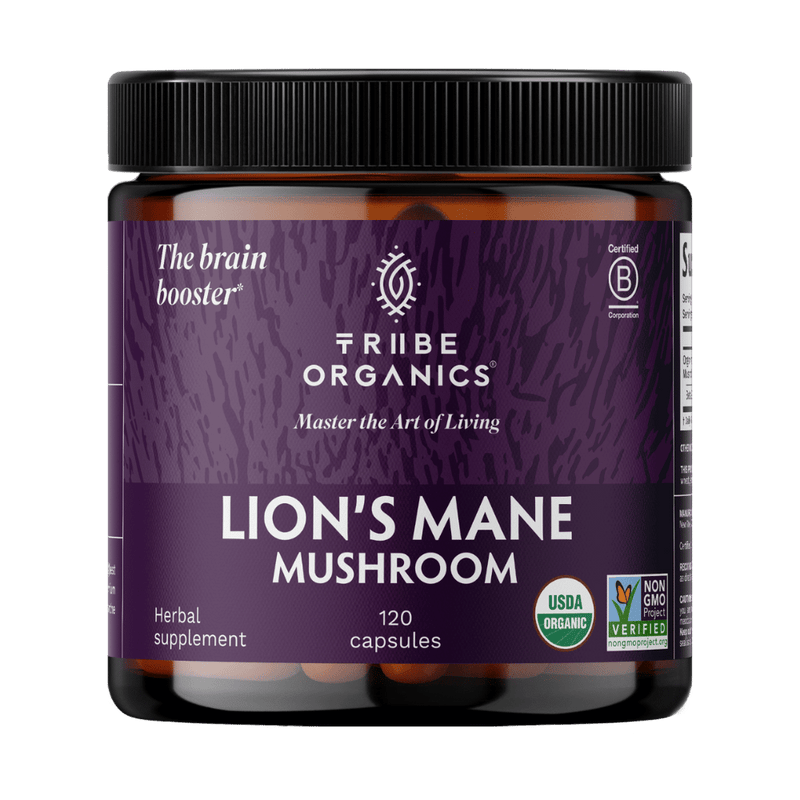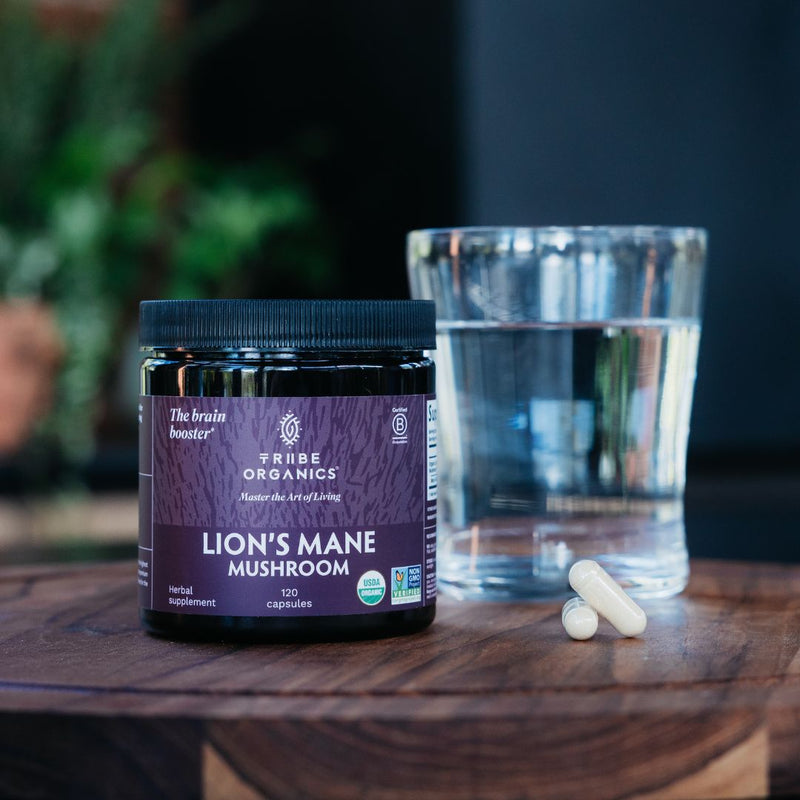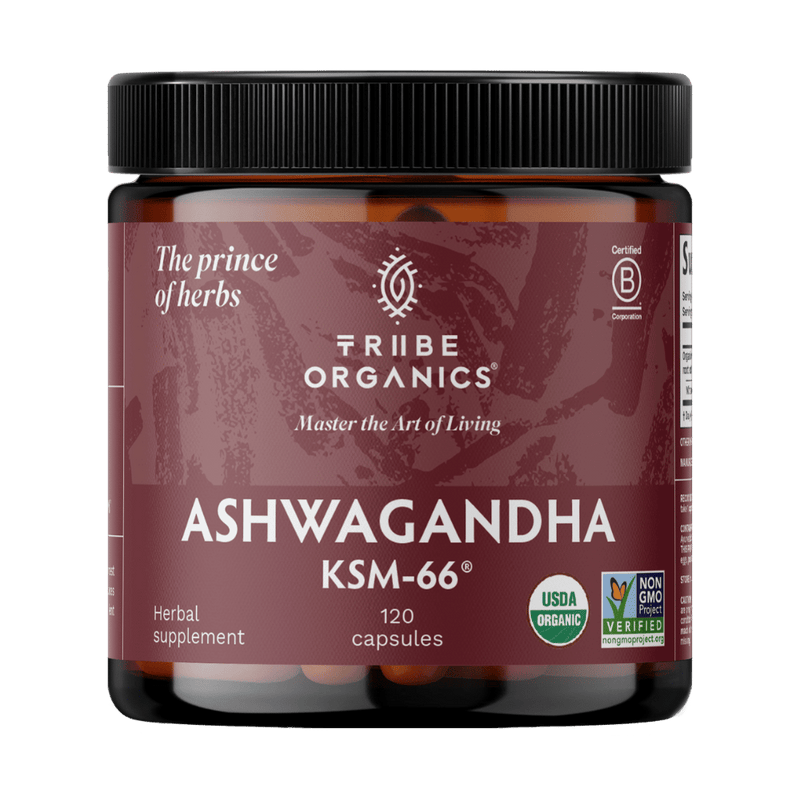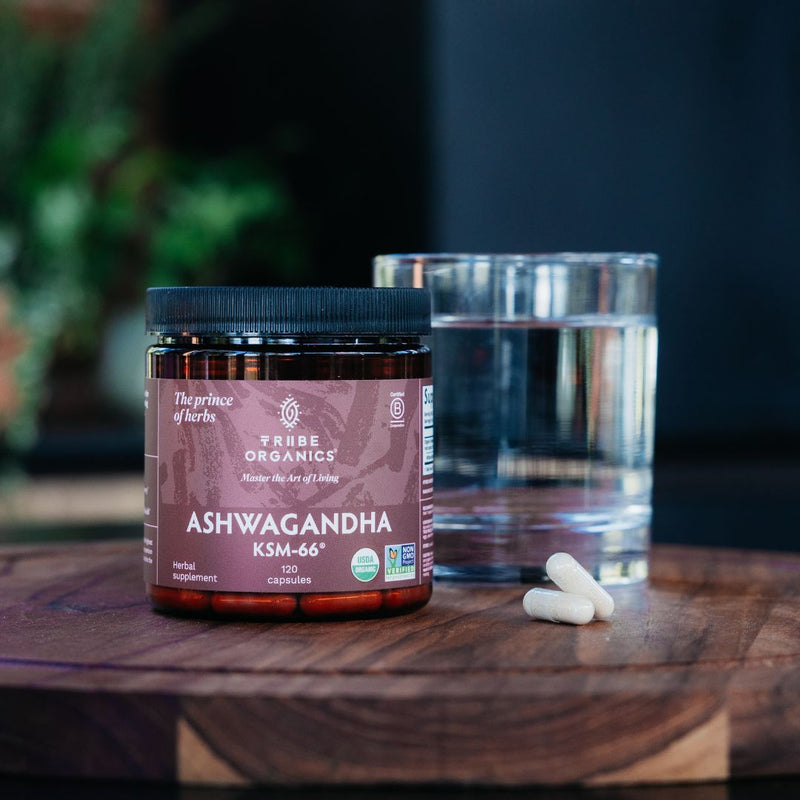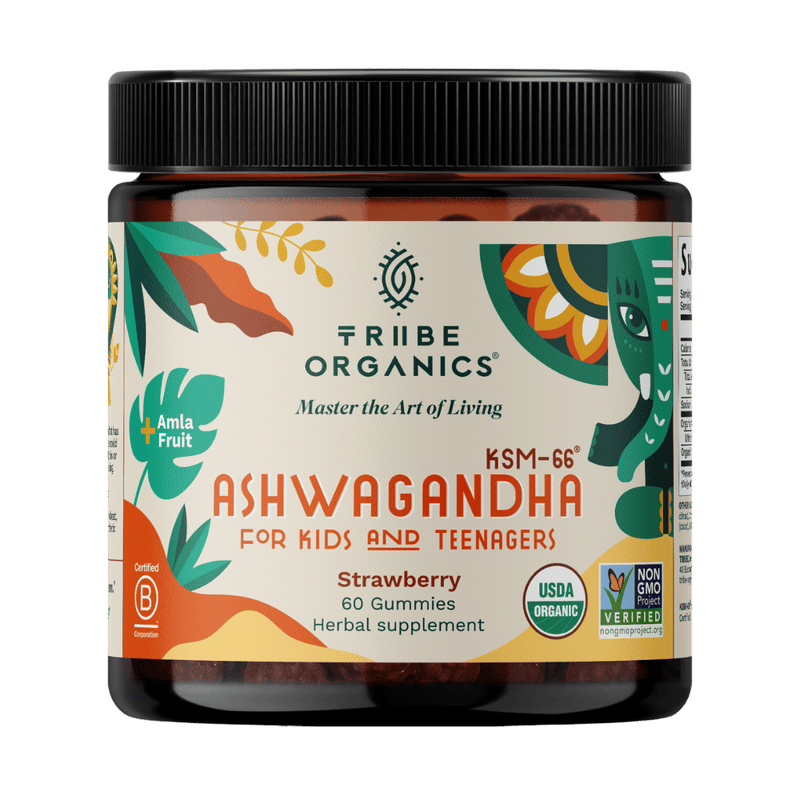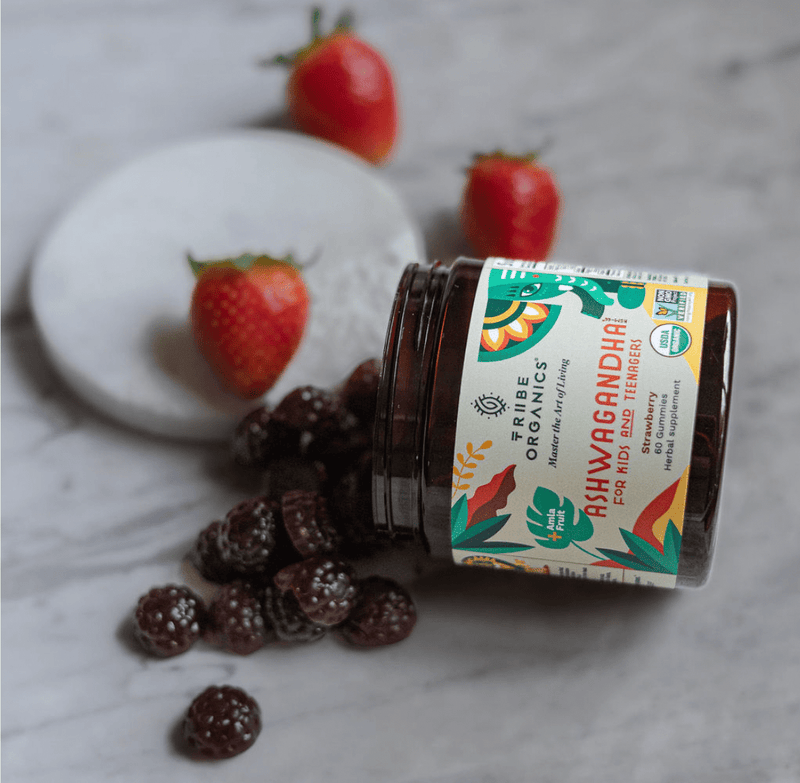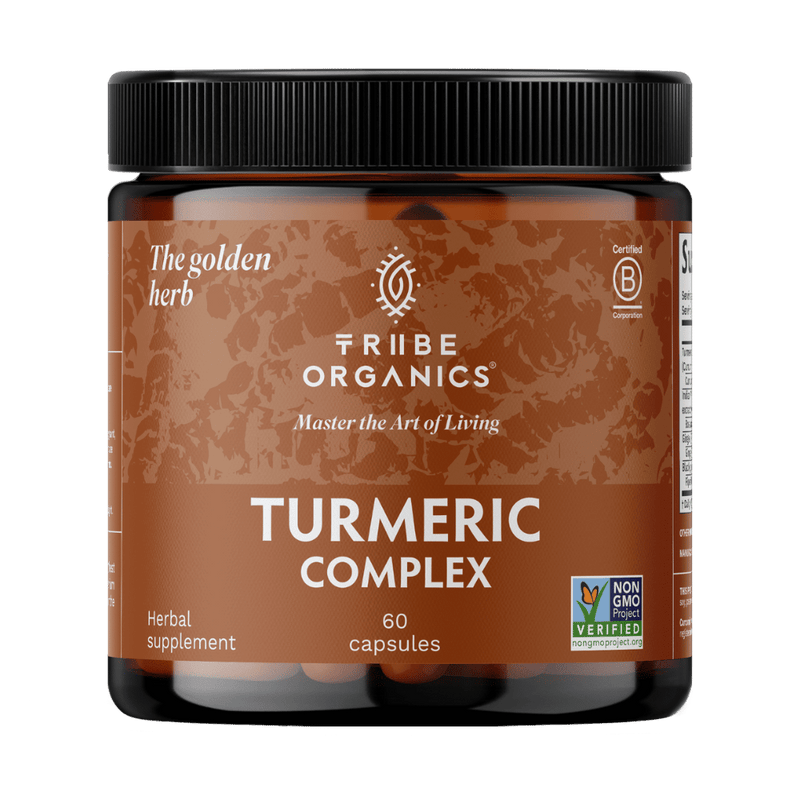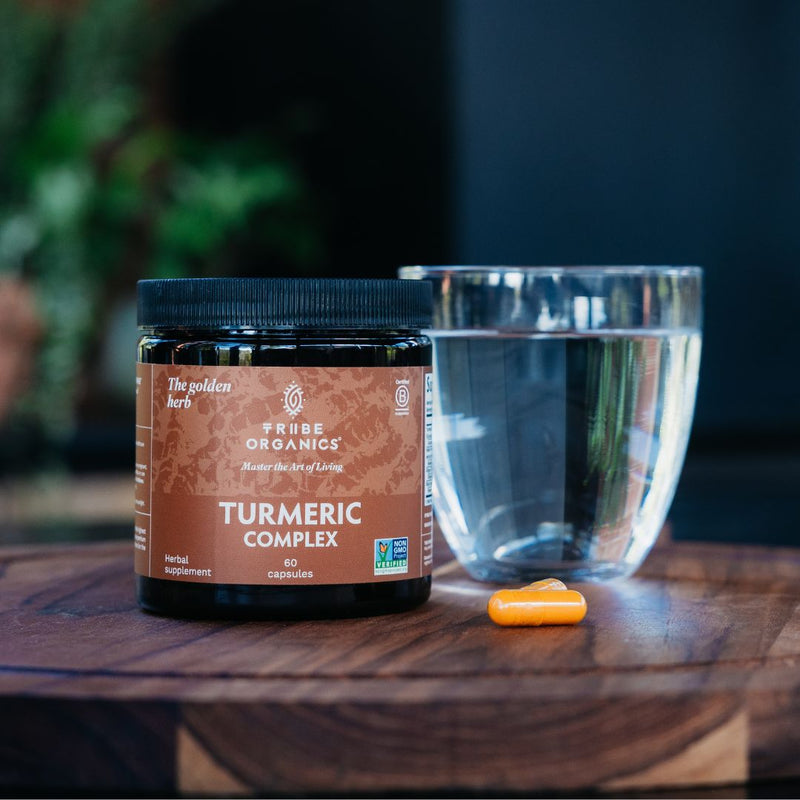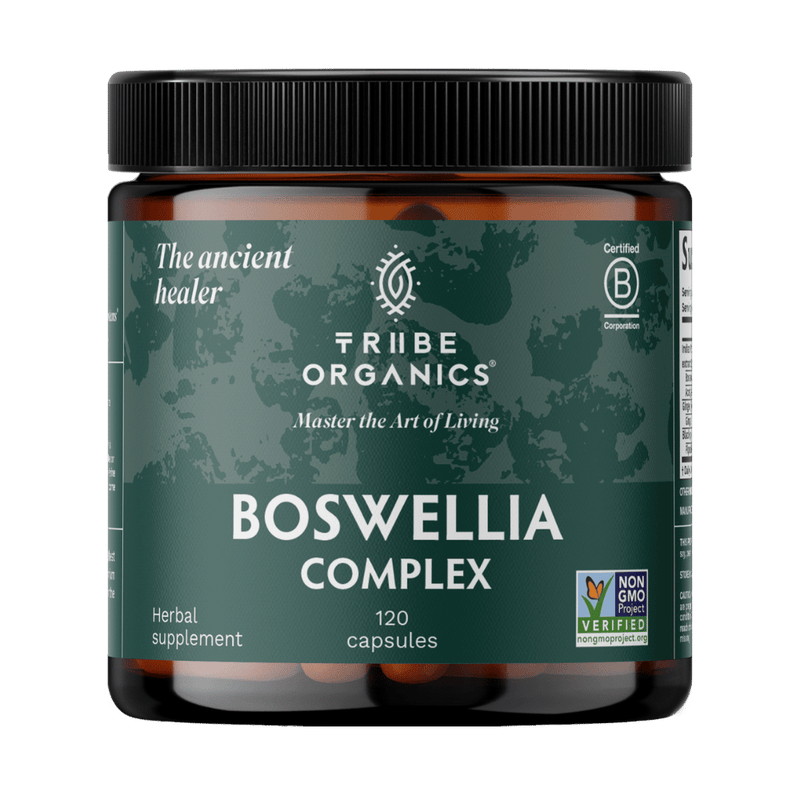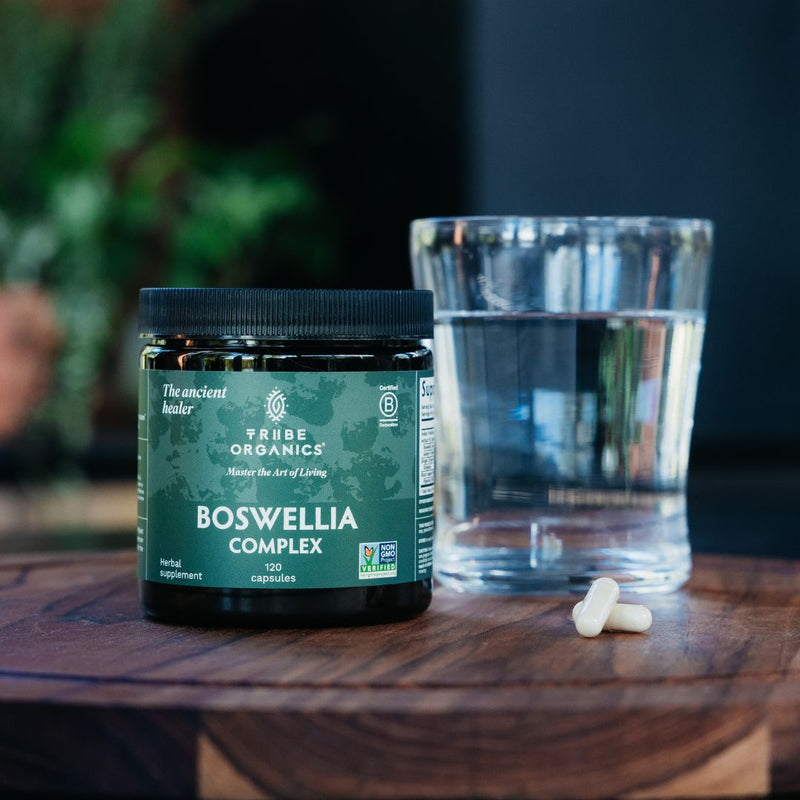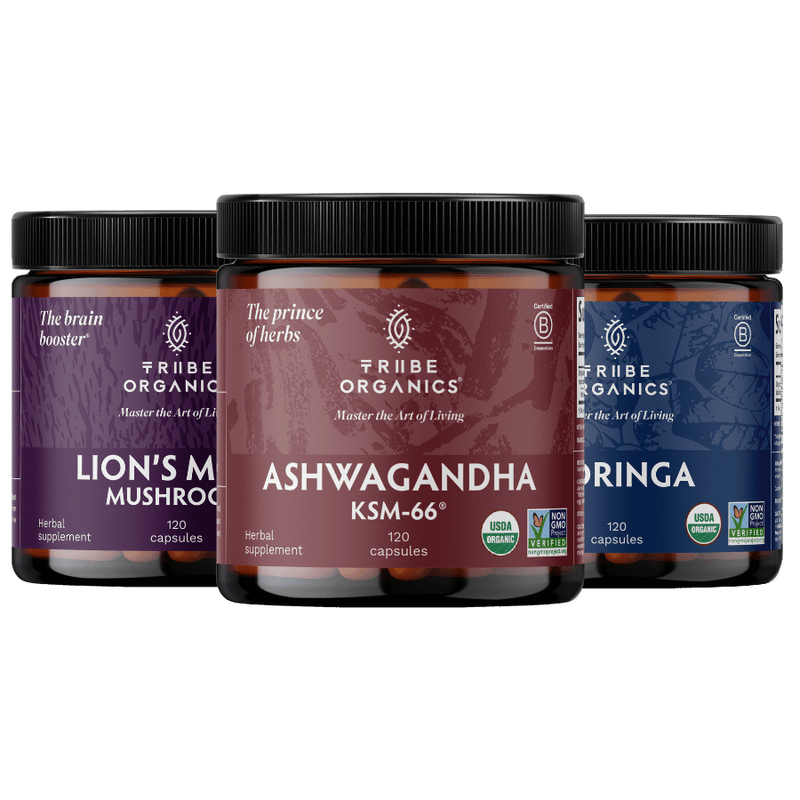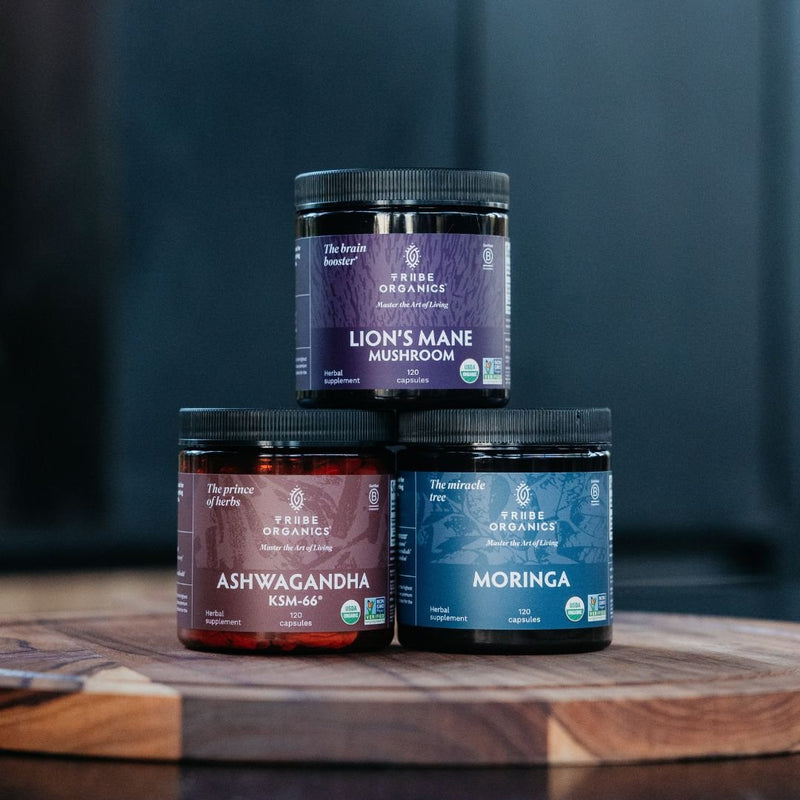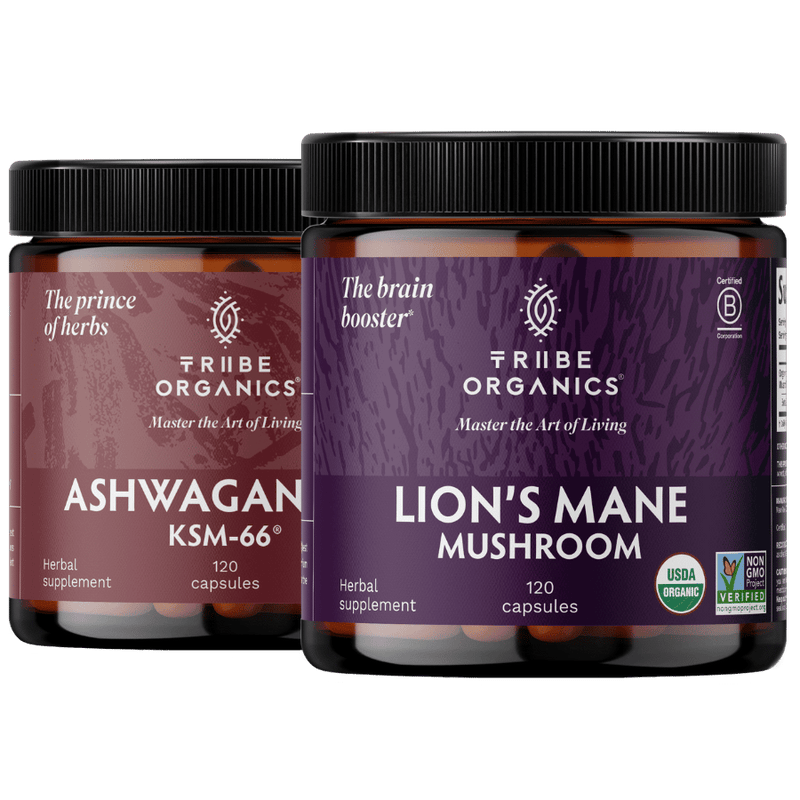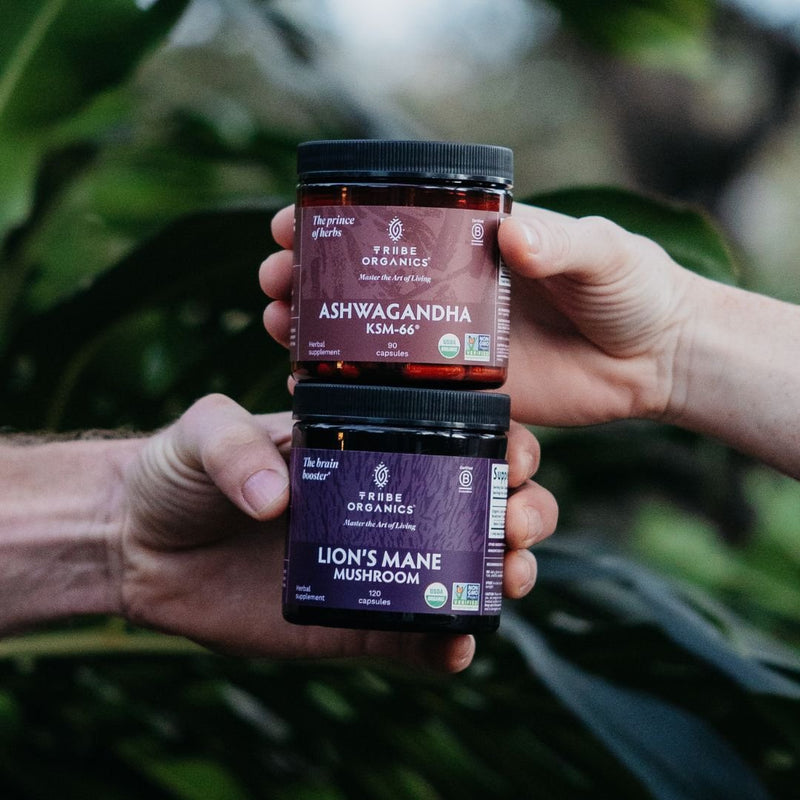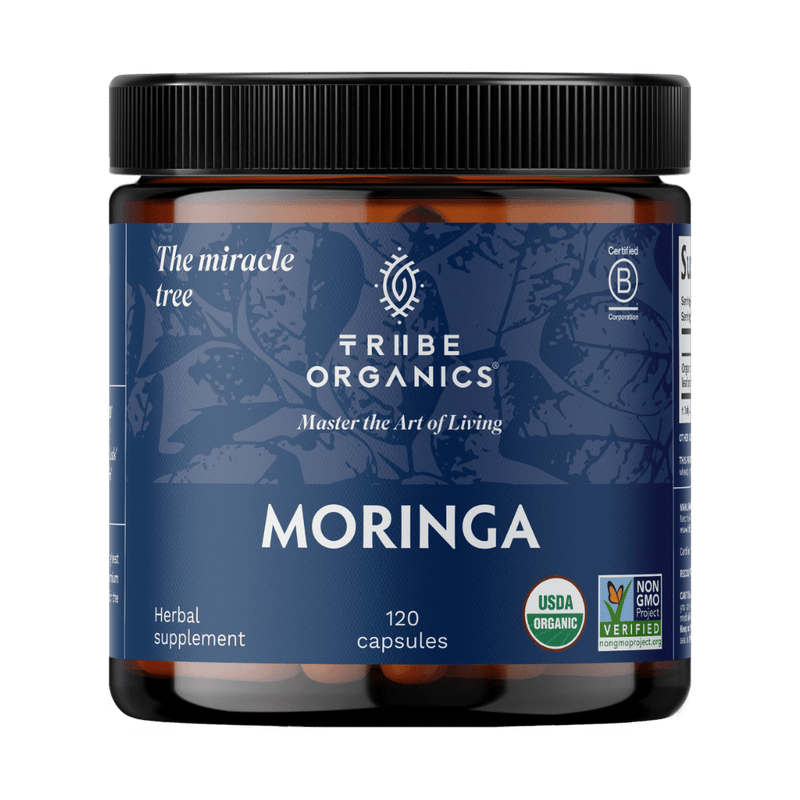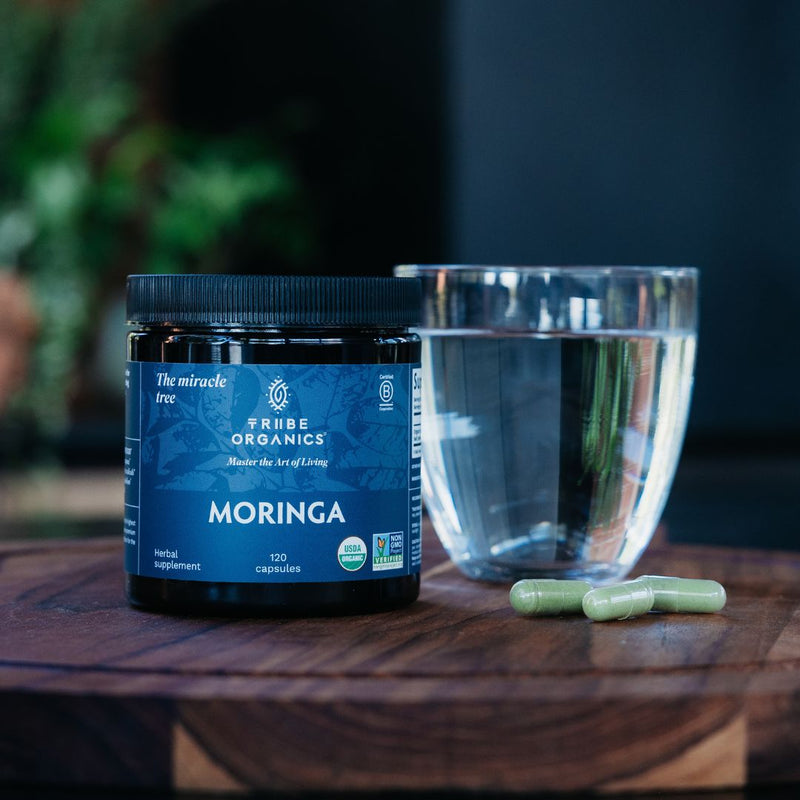Key Takeaways
- Curcumin phytosome supplements offer 29x better absorption than standard turmeric for inflammation relief
- Look for turmeric products with black pepper extract (piperine) to increase curcumin absorption by up to 2000%
- Effective daily doses for inflammation range from 500mg to 1000mg of curcumin extract
- Third-party tested supplements ensure quality and potency for optimal anti-inflammatory benefits
- Combining turmeric with healthy fats enhances absorption and effectiveness for inflammation management
Chronic inflammation affects millions of people worldwide, contributing to conditions ranging from arthritis to heart disease. While modern medicine offers various treatments, growing research suggests that turmeric, a golden spice with a long history in traditional medicine, may provide powerful anti inflammatory properties. The active ingredient curcumin has shown remarkable potential in clinical trials for reducing inflammation naturally.
However, not all turmeric supplements are created equal. The bioavailability of curcumin—how well your body absorbs and utilizes it—varies dramatically between different formulations. Understanding which products deliver the most effective doses and how to maximize absorption is crucial for experiencing turmeric’s health benefits.
This comprehensive guide examines the best turmeric for inflammation based on scientific research, absorption technologies, and real-world effectiveness. We’ll explore how curcumin works to reduce inflammation, review top-rated products, and provide practical guidance for choosing the right turmeric supplement for your specific needs.

Top Turmeric Supplements for Inflammation Relief
Thorne Curcumin Phytosome - Premium Option with Superior Bioavailability
Thorne’s Curcumin Phytosome stands out as a premium choice for inflammation management. This turmeric supplement utilizes Meriva technology, binding curcumin to phospholipids for enhanced absorption. Clinical studies demonstrate that this phytosome formulation achieves up to 29 times better bioavailability compared to standard curcumin extracts.
Each capsule contains 500mg of curcumin phytosome, with research suggesting significant improvements in joint comfort and reduced inflammatory markers within 4-8 weeks. The supplement is NSF Certified for Sport and undergoes rigorous third-party testing, making it suitable for athletes and health-conscious individuals seeking reliable anti inflammatory support.
Life Extension Advanced Curcumin Elite - Enhanced Absorption Formula
Life Extension’s Advanced Curcumin Elite employs innovative absorption enhancement technology. The formula combines standardized curcumin extract with specialized delivery systems that increase bioavailability significantly compared to standard turmeric powder formulations.
This curcumin supplement provides 400mg of enhanced curcumin per capsule, with studies showing measurable reductions in inflammatory biomarkers. The company’s commitment to research and quality control ensures consistent potency across batches, making it a reliable choice for long-term inflammation management.
Garden of Life Turmeric with Ginger - Combined Anti-Inflammatory Compounds
Garden of Life combines turmeric extract with ginger in their organic formulation, creating synergistic anti inflammatory effects. This turmeric supplement contains 553mg of organic turmeric root extract plus fermented ginger and black pepper to enhance curcumin absorption naturally.
The inclusion of probiotics supports digestive health, which research suggests may play a role in reducing systemic inflammation. Each serving provides approximately 100mg of curcumin, making it suitable for those seeking moderate doses with additional digestive support benefits.
NatureWise Curcumin Turmeric - High-Dose Option with Black Pepper
NatureWise offers a high-potency turmeric supplement featuring 95% standardized curcuminoids. Each capsule delivers 750mg of turmeric extract with 5mg of piperine from black pepper, which research shows can increase curcumin absorption by up to 2000%.
This formulation also includes ginger root extract for additional anti inflammatory properties and digestive support. The combination of high curcumin content and absorption enhancers makes this supplement particularly effective for individuals with significant inflammation concerns.
Now Foods Organic Turmeric Extract - Liquid Form for Easy Dosing
Now Foods provides an organic liquid turmeric extract that offers flexible dosing options. The liquid form allows for easy mixing into smoothies, turmeric tea, or other beverages, making it convenient for those who prefer not taking capsules or pills.
Each serving provides concentrated curcumin equivalent to several grams of turmeric powder, with the liquid format potentially offering faster absorption than solid forms. The organic certification ensures purity standards, while the liquid delivery system may enhance bioavailability for some individuals.
Comparison Table
|
Product |
Curcumin Content |
Absorption Enhancer |
Price per Serving |
Third-Party Tested |
|
Thorne Curcumin Phytosome |
500mg phytosome |
Phospholipid complex |
$1.20 |
NSF Certified |
|
Life Extension Elite |
400mg enhanced |
Proprietary delivery |
$1.00 |
Yes |
|
Garden of Life |
100mg + whole root |
Black pepper, ginger |
$0.80 |
Organic certified |
|
NatureWise |
750mg extract |
Piperine (black pepper) |
$0.60 |
Yes |
|
Now Foods Liquid |
Variable dosing |
Liquid delivery |
$0.40 |
Organic certified |
Understanding Turmeric’s Anti-Inflammatory Properties
Turmeric’s remarkable anti inflammatory properties stem primarily from curcumin, a polyphenolic compound that represents 2-8% of turmeric root by weight. Research demonstrates that curcumin interferes with multiple inflammatory pathways simultaneously, making it a powerful natural alternative to conventional anti-inflammatory medications.
How Curcumin Blocks Inflammatory Pathways
Curcumin targets several key enzymes responsible for producing inflammatory compounds in the body. It inhibits cyclooxygenase-2 (COX-2) and 5-lipoxygenase (5-LOX), enzymes that generate prostaglandins and leukotrienes—chemical messengers that promote inflammation and pain. However, while curcumin offers notable anti-inflammatory benefits, it's important to be aware of potential side effects and how to overcome them when using turmeric or curcumin supplements.
Additionally, curcumin suppresses nuclear factor kappa B (NF-kB), a protein complex that controls the expression of genes involved in inflammatory responses. By blocking NF-kB activation, curcumin effectively reduces the production of pro-inflammatory cytokines including tumor necrosis factor-alpha (TNF-α), interleukin-1 (IL-1), and interleukin-6 (IL-6).
The antioxidant properties of turmeric also contribute to its anti inflammatory effects. Curcumin neutralizes free radicals that can trigger inflammatory cascades while simultaneously boosting the body’s natural antioxidant enzyme systems.
Scientific Evidence from 2023 Studies
Recent clinical trials continue to validate turmeric’s effectiveness for inflammatory conditions. A 2023 systematic review published in the Journal of Nutritional Biochemistry analyzed 15 randomized controlled trials involving over 1,400 participants with osteoarthritis. The meta-analysis revealed that curcumin supplementation significantly reduced joint pain scores by an average of 58% compared to placebo groups.
Another 2023 study in Phytotherapy Research examined curcumin’s effects on rheumatoid arthritis patients. Participants receiving 1000mg daily of enhanced-absorption curcumin showed meaningful reductions in disease activity scores and inflammatory markers including C-reactive protein (CRP) and erythrocyte sedimentation rate (ESR).
Johns Hopkins Medicine researchers published findings demonstrating that curcumin supplements may be as effective as ibuprofen for managing knee osteoarthritis pain, with significantly fewer gastrointestinal side effects. This research suggests turmeric could serve as a safer long-term alternative to conventional NSAIDs for many individuals.
Comparison to NSAIDs
Clinical studies increasingly show that high-bioavailability curcumin supplements can match the anti inflammatory effects of non-steroidal anti-inflammatory drugs (NSAIDs) like ibuprofen for certain conditions. However, turmeric demonstrates a superior safety profile for long-term use.
Unlike NSAIDs, which can cause stomach ulcers, kidney damage, and cardiovascular risks with prolonged use, turmeric is generally safe for most people when taken at recommended doses. The mechanisms of action differ as well—while NSAIDs primarily inhibit COX enzymes, curcumin targets multiple inflammatory pathways simultaneously.
Clinical Research on Turmeric for Inflammation
A landmark 2022 meta-analysis in Clinical Nutrition examined 28 high-quality studies involving 2,847 participants across various inflammatory conditions. The analysis revealed that participants taking 1000mg daily of curcumin extract experienced:
- 58% reduction in joint pain intensity
- 45% improvement in physical function scores
- 32% decrease in inflammatory biomarkers
- Significant improvements beginning after 4-6 weeks of consistent use
The Journal of Medicinal Food published results from a 12-week randomized controlled trial comparing curcumin supplements to placebo in 120 adults with chronic low-grade inflammation. Participants receiving enhanced-absorption curcumin showed statistically significant reductions in CRP levels, IL-6, and TNF-α compared to the placebo group.
Long-term safety data from 12-month clinical trials indicate that curcumin supplements are well-tolerated with minimal side effects when taken at therapeutic doses. The optimal treatment duration for maximum anti inflammatory benefits appears to be 8-12 weeks, though some individuals experience improvements as early as 2-4 weeks.
Research suggests that consistent daily supplementation produces better results than intermittent dosing, likely due to curcumin’s relatively short half-life in the body. More research continues to explore optimal dosing protocols and combination therapies for various inflammatory health conditions.

Forms of Turmeric: Which Works Best for Inflammation
Understanding different forms of turmeric helps optimize your anti inflammatory strategy. Each form offers distinct advantages and curcumin content levels, affecting their therapeutic potential for reducing inflammation.
Curcumin Extract Supplements - Highest Concentration
Curcumin extract supplements represent the most concentrated form available, typically standardized to contain 95% curcuminoids. These supplements provide 950mg of active curcumin per gram of extract, making them the most potent option for inflammation management.
Standardized extracts eliminate variability found in whole turmeric products, ensuring consistent therapeutic doses. Clinical trials predominantly use these concentrated extracts, providing the strongest evidence base for anti inflammatory effects. For individuals with significant inflammatory conditions like rheumatoid arthritis or severe osteoarthritis, high-concentration curcumin supplements typically produce the most noticeable benefits.
Whole Turmeric Root Powder - Traditional Form
Ground turmeric from the whole turmeric root contains 2-9% curcumin content, significantly lower than concentrated extracts. However, whole turmeric provides additional beneficial compounds including ar-turmerone, turmerone, and curlone, which may work synergistically with curcumin.
Traditional Ayurvedic medicine emphasizes using whole turmeric root rather than isolated compounds. Some research suggests these additional compounds enhance curcumin’s bioavailability and provide complementary health benefits. While whole turmeric powder requires larger quantities to achieve therapeutic curcumin doses, it remains valuable for culinary use and mild inflammation support.
Enhanced Bioavailability Formulations
Modern supplement technology has developed several methods to improve curcumin absorption:
Phytosome Technology: Combines curcumin with phospholipids, creating a complex that passes more easily through cell membranes. Studies show 29-fold better absorption compared to standard curcumin extracts.
Liposomal Formulations: Encapsulate curcumin in lipid spheres, protecting it from degradation and enhancing cellular uptake. This delivery system may provide sustained release and improved bioavailability.
Micellar Curcumin: Uses natural surfactants to create water-soluble curcumin particles. This technology can increase absorption significantly, though clinical data remains more limited than phytosome research.
Fresh Turmeric Root
Fresh turmeric root offers the complete nutritional profile of the plant, including volatile oils and fiber absent from processed forms. However, fresh turmeric contains only 2-3% curcumin by weight, requiring substantial quantities for therapeutic effects.
Fresh turmeric works well for culinary applications and mild inflammatory support. Adding turmeric to curry powders, smoothies, or turmeric tea provides modest anti inflammatory benefits while delivering additional nutrients. Many people find fresh turmeric gentler on the stomach than concentrated supplements.
Bioavailability Enhancement Methods
Piperine (Black Pepper Extract)
Piperine, the compound responsible for black pepper’s heat, dramatically increases curcumin absorption. Research demonstrates that piperine can enhance curcumin bioavailability by up to 2000% by inhibiting glucuronidation in the liver and intestines.
This mechanism prevents the rapid breakdown and elimination of curcumin, allowing more of the active compound to reach target tissues. Most high-quality turmeric supplements include 5-10mg of piperine per serving for optimal absorption enhancement.
Taking Turmeric with Fats
Curcumin is fat-soluble, meaning it absorbs better when consumed with dietary fats. Studies show that taking turmeric supplements with meals containing healthy fats like coconut milk, olive oil, or avocado can significantly improve absorption.
The fat content helps dissolve curcumin and facilitates its passage through the intestinal wall into the bloodstream. This explains why traditional preparations often combine turmeric with coconut milk or other fat sources.
Timing and Preparation Methods
For optimal absorption, take turmeric supplements with food rather than on an empty stomach. This reduces the risk of gastrointestinal upset while providing the fats needed for absorption.
Heat can enhance curcumin availability in whole turmeric. Traditional preparations often involve cooking turmeric or preparing turmeric tea with warm liquid. However, excessive heat may degrade some beneficial compounds, so gentle warming is preferable to high-temperature cooking.

How to Choose the Best Turmeric Product for Inflammation
Selecting an effective turmeric supplement requires evaluating several key factors that directly impact its anti inflammatory potential. Understanding these criteria helps ensure you invest in a product that delivers meaningful therapeutic benefits.
Look for Standardized Extracts with 95% Curcuminoids
The most important factor when choosing turmeric supplements is the curcumin content. Look for products standardized to contain 95% curcuminoids, the class of compounds responsible for turmeric’s anti inflammatory properties. This standardization ensures consistent potency and therapeutic effects.
Products listing only “turmeric root powder” without specifying curcumin content typically provide insufficient amounts for meaningful inflammation relief. A 500mg capsule of whole turmeric powder contains only 10-45mg of curcumin, far below therapeutic doses demonstrated in clinical trials.
Calculate the actual curcumin content by multiplying the extract amount by the standardization percentage. For example, 500mg of 95% standardized extract provides 475mg of curcuminoids—a therapeutically relevant dose for inflammation management.
Third-Party Testing Certifications
Quality assurance through independent testing protects against contaminated or mislabeled products. Look for certifications from: To make the most out of your Ashwagandha supplement, it's also important to consider when to take Ashwagandha for maximum benefits.
- USP (United States Pharmacopeia): Verifies ingredient identity, strength, quality, and purity
- NSF International: Tests for contaminants and verifies label accuracy
- ConsumerLab: Independent testing for potency and purity
- Informed-Sport: Screens for banned substances, important for athletes
These certifications indicate that the manufacturer submits their products for rigorous independent analysis. Third-party testing is particularly important for turmeric supplements, as some products have been found to contain heavy metals, pesticide residues, or incorrect curcumin levels.
Organic and Non-GMO Certifications
Organic certification ensures the turmeric was grown without synthetic pesticides, herbicides, or chemical fertilizers. This is particularly relevant for turmeric, as conventional cultivation sometimes involves chemicals that may interfere with the supplement’s health benefits.
Non-GMO certification, while less critical for turmeric (as genetically modified turmeric is uncommon), indicates attention to ingredient sourcing and quality standards. These certifications often correlate with higher overall product quality and manufacturing standards.
Absorption Enhancers in Formulation
The best turmeric supplements include proven absorption enhancers:
Piperine (Black Pepper Extract): The gold standard for curcumin absorption enhancement. Look for products containing 5-10mg of piperine or BioPerine (a standardized piperine extract).
Ginger Extract: Provides complementary anti inflammatory effects while potentially enhancing curcumin absorption. Ginger also supports digestive comfort for those sensitive to supplements.
Fenugreek Extract: Some formulations include fenugreek as an additional absorption enhancer, though research on this combination is more limited than piperine studies.
Capsule vs Liquid vs Powder Forms
Capsules: Offer precise dosing, stability, and convenience. Most clinical research uses capsule formulations, providing the strongest evidence base. Capsules protect curcumin from light and air degradation.
Liquid Extracts: May provide faster absorption and allow flexible dosing. However, liquid forms are more susceptible to degradation and often have shorter shelf lives. They’re ideal for those who cannot swallow pills.
Powder Forms: Allow mixing into foods and beverages but may have inconsistent absorption. Powders work well for culinary use but are less reliable for therapeutic dosing.
Softgel capsules containing curcumin dissolved in oil may offer enhanced absorption compared to standard capsules, as the oil vehicle aids fat-soluble curcumin uptake.
Price Comparison - Cost Per mg of Active Curcumin
Calculate the cost-effectiveness by determining the price per mg of actual curcumin:
- Identify the curcumin content per serving
- Calculate the number of servings per container
- Divide the total price by total mg of curcumin
For example:
- Product A: $30 for 60 capsules, 500mg curcumin each = $0.001 per mg curcumin
- Product B: $20 for 30 capsules, 250mg curcumin each = $0.0027 per mg curcumin
Product A offers better value despite the higher upfront cost. However, also consider bioavailability enhancements—a more expensive product with superior absorption may provide better therapeutic value than a cheaper standard extract.
Premium products with advanced delivery systems (phytosomes, liposomes) typically cost more per mg of curcumin but may deliver more bioavailable curcumin to target tissues, potentially justifying the higher price for inflammation management.
Safety Guidelines and Potential Side Effects
While turmeric is generally safe for most people, understanding potential risks and proper usage guidelines ensures safe and effective supplementation for inflammation management.
Generally Safe Doses and FDA Guidelines
The FDA recognizes turmeric as Generally Recognized as Safe (GRAS) for food use. For supplement use, most people tolerate doses up to 8 grams daily according to available safety data, though therapeutic doses typically range from 500mg to 2000mg of curcumin extract daily.
Research suggests that doses between 500mg to 1000mg of standardized curcumin extract provide optimal anti inflammatory benefits for most individuals. Higher doses don’t necessarily increase effectiveness and may increase the risk of side effects.
Start with lower doses (250-500mg daily) and gradually increase if needed. This approach allows your body to adjust while minimizing the risk of digestive upset or other adverse reactions. To better understand how long it takes for turmeric to work, you can explore additional guidance on its benefits and effectiveness.
Common Side Effects at Higher Doses
Most people experience no side effects from turmeric supplements at recommended doses. However, some individuals may experience:
Gastrointestinal Effects: Nausea, diarrhea, stomach irritation, or abdominal pain, particularly with high doses or when taken on an empty stomach. Taking supplements with food typically reduces these effects.
Headaches: Some people report mild headaches when starting turmeric supplementation, usually resolving within a few days as the body adjusts.
Skin Reactions: Rarely, individuals may develop skin rashes or allergic reactions, particularly those with existing spice allergies.
Iron Deficiency: Very high doses of turmeric may interfere with iron absorption over time, though this is uncommon at typical supplement doses.
Drug Interactions and Medical Considerations
Turmeric can interact with certain medications, requiring medical supervision:
Blood Thinners: Turmeric may enhance the effects of anticoagulant medications like warfarin, increasing bleeding risk. Consult your doctor before combining turmeric with blood thinners.
Diabetes Medications: Curcumin may lower blood sugar levels, potentially enhancing diabetes medication effects and requiring dose adjustments.
Chemotherapy Drugs: Some research suggests curcumin might interfere with certain chemotherapy treatments, though other studies show potential benefits. Cancer patients should discuss turmeric use with their oncologist.
Stomach Acid Reducers: Turmeric may increase stomach acid production, potentially interfering with medications designed to reduce acid levels.
Contraindications for Specific Health Conditions
Certain health conditions require avoiding or carefully monitoring turmeric supplementation:
Active Gallbladder Disease: Turmeric can stimulate bile production and may worsen gallbladder problems or increase the risk of gallstone formation in susceptible individuals.
Kidney Stones: High doses of turmeric contain oxalates, which may contribute to kidney stone formation in predisposed individuals. Those with a history of kidney stones should limit turmeric intake.
Iron Deficiency Anemia: Turmeric may reduce iron absorption when taken with iron-rich foods or supplements, potentially worsening iron deficiency.
Scheduled Surgery: Stop turmeric supplements at least 2 weeks before surgery due to increased bleeding risk. The anti-platelet effects of curcumin may interfere with blood clotting during and after surgical procedures.
Who Should Avoid Turmeric Supplements
Certain populations should avoid turmeric supplementation or use only under medical supervision:
Pregnant and Breastfeeding Women: While dietary amounts of turmeric are safe, supplement doses lack sufficient safety data during pregnancy and breastfeeding. High doses might stimulate uterine contractions.
Children: Limited safety data exists for turmeric supplements in children. Dietary amounts are safe, but therapeutic supplement doses should only be used under pediatric supervision.
People with Hormone-Sensitive Conditions: Some research suggests turmeric might have weak estrogenic effects, though evidence is mixed. Those with hormone-sensitive cancers should discuss turmeric use with their healthcare provider.
Individuals with Bleeding Disorders: Those with hemophilia or other bleeding disorders should avoid turmeric supplements due to anticoagulant effects.
Monitor for any unusual symptoms when starting turmeric supplementation and discontinue use if adverse reactions occur. Most people tolerate turmeric well, but individual responses can vary significantly.

Optimal Dosage for Inflammation Relief
Determining the right turmeric dosage for inflammation requires considering the severity of symptoms, the form of supplement used, and individual response patterns. Clinical research provides evidence-based guidelines for effective dosing strategies.
Arthritis Foundation Recommendations
The Arthritis Foundation suggests 500mg of curcumin extract twice daily for joint inflammation management. This recommendation is based on clinical studies showing significant improvements in arthritis symptoms at this dosage level.
For individuals with mild joint discomfort, starting with 500mg once daily may provide sufficient anti inflammatory effects. Those with more severe arthritis or chronic inflammation may require the full 1000mg daily dose to achieve meaningful symptom relief.
The Foundation emphasizes using standardized curcumin extracts rather than whole turmeric powder, as the concentrated extracts provide consistent therapeutic doses demonstrated in clinical trials.
Clinical Study Dosages for Various Conditions
Research studies have tested different turmeric doses across various inflammatory conditions:
Osteoarthritis: Studies typically use curcumin extract 500-1500mg daily, with 1000mg daily showing optimal results for pain reduction and improved mobility. A 12-week trial found 1000mg daily reduced joint pain scores by 58% compared to placebo.
Rheumatoid Arthritis: Clinical trials have used 500-1000mg daily, with research suggesting 1000mg provides the most significant improvements in disease activity markers and inflammatory biomarkers.
General Inflammation: For reducing systemic inflammatory markers like C-reactive protein, studies show benefits with 180-1000mg daily, with higher doses generally producing more pronounced effects.
Post-Exercise Inflammation: Athletes may benefit from 400-500mg daily for reducing muscle soreness and exercise-induced inflammation, taken consistently rather than only after workouts.
Starting Dose Recommendations for Beginners
Begin with a conservative approach to assess individual tolerance:
Week 1-2: Start with 250mg daily of standardized curcumin extract, taken with food to minimize stomach upset.
Week 3-4: If well-tolerated, increase to 500mg daily, divided into two 250mg doses with meals.
Week 5-8: If needed for inflammation control, increase to 750-1000mg daily, maintaining divided doses.
This gradual increase allows your body to adjust while identifying the minimum effective dose for your inflammation needs. Some individuals find 500mg sufficient, while others require higher doses for optimal benefits.
Timing Recommendations
Take with Meals: Always consume turmeric supplements with food containing some fat. This improves absorption and reduces the risk of stomach irritation. Meals with healthy fats like olive oil, nuts, or avocado optimize curcumin uptake.
Divide Daily Doses: Split higher doses throughout the day rather than taking large amounts at once. This maintains more consistent blood levels and reduces the risk of side effects.
Consistent Timing: Take supplements at the same times daily to maintain steady curcumin levels. Many people find morning and evening dosing convenient and effective.
With Other Supplements: Turmeric can be taken with most other supplements, but separate from iron supplements by at least 2 hours to avoid absorption interference.
Duration of Treatment
Initial Response: Most people notice some improvement in inflammation symptoms within 2-4 weeks of consistent daily use. However, the full anti inflammatory benefits typically require longer treatment.
Significant Improvement: Clinical studies show peak benefits after 6-8 weeks of regular supplementation. Inflammatory marker reductions and symptom improvements continue to develop over this timeframe.
Long-term Use: Research supports safe long-term use of turmeric supplements at recommended doses. Many individuals with chronic inflammatory conditions use turmeric supplements continuously for ongoing symptom management.
Treatment Breaks: While not necessary, some practitioners recommend occasional breaks (1-2 weeks every 3-6 months) to assess baseline symptoms and ensure continued effectiveness of supplements.
Adjusting Doses Based on Response
Monitor your response and adjust accordingly:
Insufficient Relief: If symptoms don’t improve after 6-8 weeks at 500mg daily, gradually increase to 750-1000mg daily before concluding the supplement is ineffective.
Excellent Response: If you achieve good inflammation control at lower doses, there’s no need to increase. The minimum effective dose reduces costs and potential side effects.
Side Effects: If you experience stomach upset or other side effects, reduce the dose and ensure you’re taking supplements with adequate food. Consider switching to a different formulation or delivery system.
The recommended dose represents a starting point—individual needs vary based on body weight, inflammation severity, absorption efficiency, and other factors. Work with healthcare providers to optimize dosing for your specific situation.
Frequently Asked Questions
Shop best sellers
Explore our collection of favorite items that have gained popularity for their quality and satisfaction.


